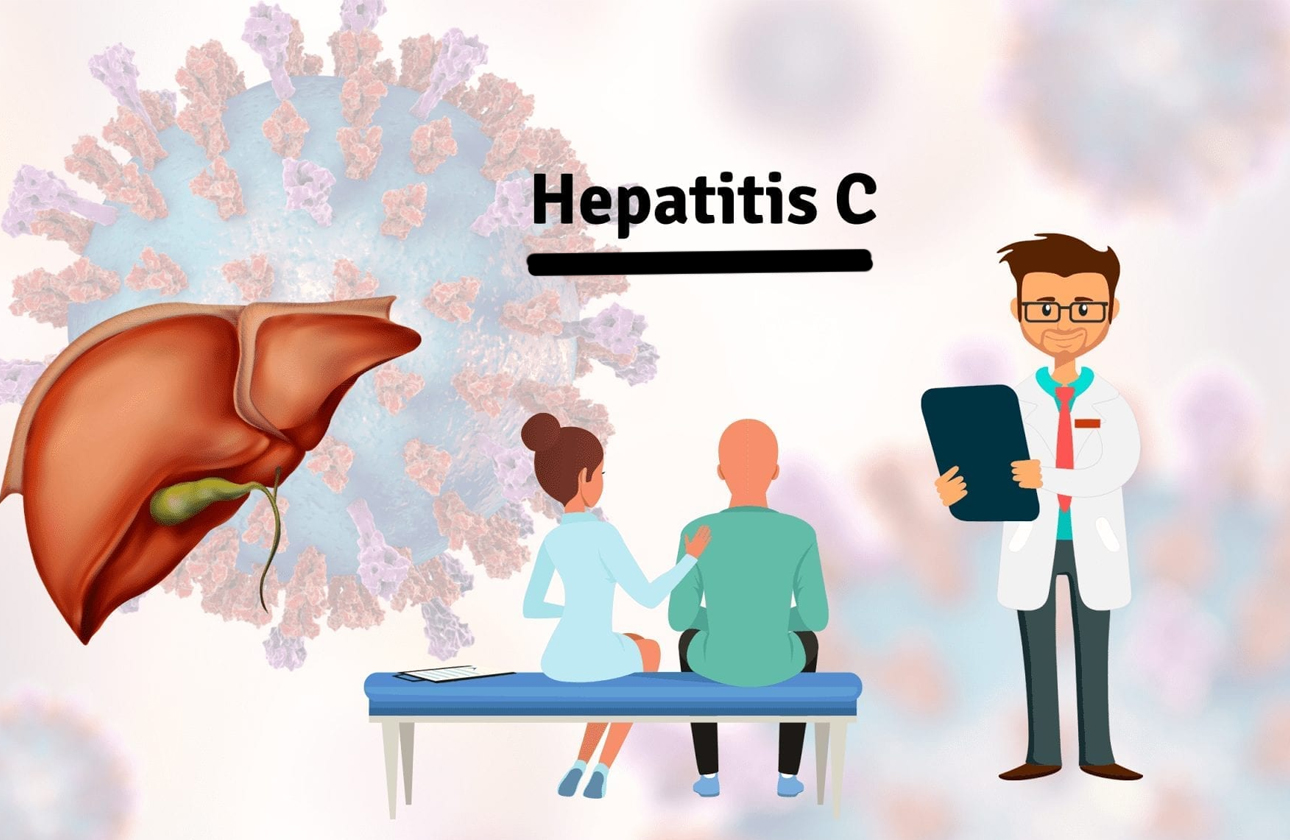Antiviral treatments for hepatitis C, particularly direct-acting antivirals (DAAs), have demonstrated high effectiveness in real-world settings. Here are key findings regarding their efficacy:
Sustained Virologic Response (SVR) Rates
- General Effectiveness: DAAs have shown sustained virologic response (SVR) rates exceeding 95% in various studies. For instance, a multicenter cohort study reported SVR rates of 97.6% with daclatasvir and sofosbuvir (DAC + SOF), and 96.9% with ledipasvir/sofosbuvir (LDV/SOF) in cirrhotic patients.
- Real-World Cohorts: In a study analysing the effectiveness of DAAs in the U.S., SVR rates were approximately 83.9% among those treated, indicating that while effective, there are still challenges in achieving higher treatment rates.
- Comparative Studies: Another study found SVR rates of 84.7% for 12-week treatments and 82.9% for 24-week treatments, showcasing the effectiveness of shorter treatment durations.
- Global Perspectives: Research from Eritrea highlighted that DAAs can achieve up to 95% cure rates, emphasizing their effectiveness even in low-resource settings.
Impact on Health Outcomes
- Reduced Complications: Treated patients experience significantly lower risks of liver-related complications. For example, treated individuals had a 64% lower risk of liver decompensation and a 27% lower risk of liver cancer compared to untreated patients.
- Mortality Rates: The overall mortality for treated patients was found to be about half (43%) that of untreated patients, indicating substantial benefits beyond viral clearance.
Barriers to Treatment
Despite the high effectiveness of antiviral treatments, many patients do not receive them. Studies indicate that only about two-thirds of diagnosed patients actually initiate treatment. Barriers include insurance requirements for additional testing, high out-of-pocket costs, and physician hesitance to treat patients with advanced liver disease.
How do generic versions of hepatitis C medications affect treatment costs?
Generic versions of hepatitis C medications significantly impact treatment costs, primarily by reducing prices and increasing accessibility. Here are the key points regarding their effects:
- Cost Reduction: Studies indicate that the introduction of generics can lead to substantial price decreases, making treatment more affordable for patients and healthcare systems alike.
- Efficacy: Research has shown that generic DAAs are as effective as their brand-name counterparts. A systematic review found that the sustained virologic response (SVR) rates for patients treated with generics were comparable to those treated with brand-name drugs, with SVR rates around 96-98%. This equivalence in effectiveness supports the use of generics as a viable alternative.
- Global Access: The availability of generics is crucial in resource-constrained settings, where high costs of brand-name drugs limit access to treatment. By providing affordable options, generics can help achieve elimination goals for hepatitis C, particularly in low- and middle-income countries where the burden of the disease is high.
- Insurance and Out-of-Pocket Costs: The availability of generic versions often leads to lower out-of-pocket costs for patients. For example, authorized generic versions of popular drugs like Sofosbuvir/velpatasvir and Sofosbuvir/ledipasvir are priced significantly lower than their brand-name counterparts, which can alleviate some financial burdens on patients and insurance providers.


3 Comments
Lorem ipsum dolor sit amet, consectetur adipiscing elit, sed do eiusmod tempor incididunt ut labore et dolore magna aliqua. Quis ipsum suspendisse ultrices gravida. Risus commodo viverra maecenas accumsan lacus vel facilisis.
Cras maximus ultricies volutpat. Praesent ut enim non enim vulputate fringilla.
Cras maximus ultricies volutpat. Praesent ut enim non enim vulputate fringilla.